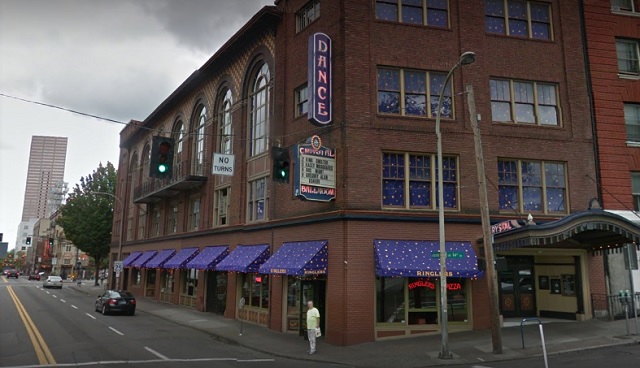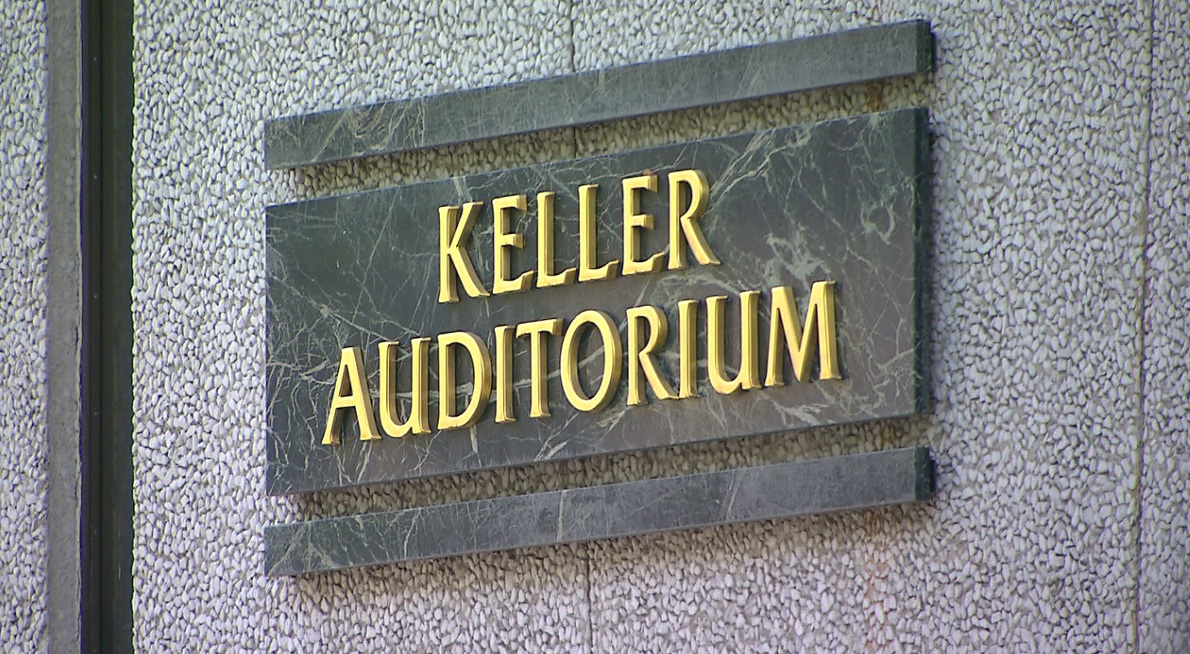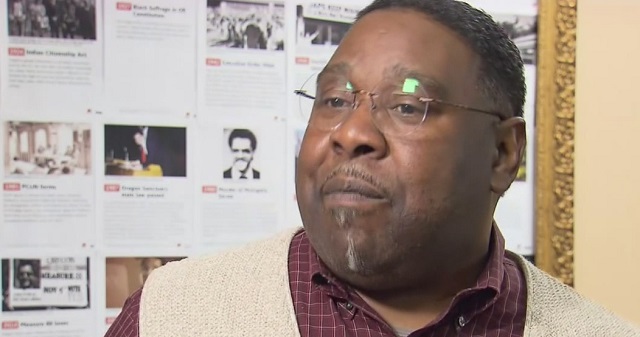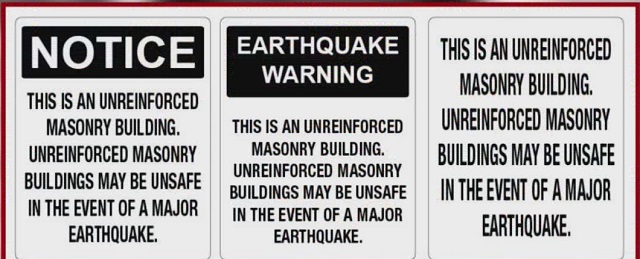PORTLAND, Ore. (KOIN) — Music venues that include the Crystal Ballroom, Dante’s, Keller Auditorium, Kells Irish Pub, the White Eagle Saloon are among dozens that are “in clear and imminent danger of closure” due to a new Portland law requiring seismic upgrades.
A number of groups are planning a Saturday protest outside Portland’s City Hall to highlight what they say are flaws in a new law aimed at unreinforced masonry buildings that aren’t earthquake ready.
The rally to Support Portland Musicians and Music Venues is slated to begin at 10 a.m. Saturday. Organizers said MusicPortland, the NAACP, tenants rights organizations, Save Portland Buildings and the Council of Churches are involved in this protest.

The new law enacted in December 2018 requires owners to upgrade their buildings to become more earthquake-ready.
Owners of unreinforced masonry buildings in Portland are threatening to sue the city over the recent requirement to post signs they could collapse in earthquakes.
Portland lawyer John DiLorenzo sent a letter to the council on November 20 saying he would file suit in federal court if the council does not repeal the requirement. DiLorenzo told the Portland Tribune the signs will unfairly reduce the value of the buildings.
Protest organizers said Portland city officials sent building owners a contract that “renders every URM (unreinforced masonry) mortgage as ‘distressed.’ Failure to sign the contract will allow the city to take the building by eminent domain.”

They also said the contract “legally commits” every building owner to a Level 4 safety upgrade that is 3 levels above that suggested by the policy committee, is 4 times more expensive, requires all the tenants to leave and cuts off access to financing.
“The only option remaining to owners is to sell to buyers who can pay cash and who plan to demolish the building — Developers,” protest organizers said.
Alex Cousins, communications manager for the Portland Bureau of Development Services, said the ordinance is strictly about notifying tenants.
“This isn’t about putting any kind of encumbrance to a building title or making it difficult for building owners to do anything to their property,” he said. “It’s simply about giving notice.”
He added the Bureau of Emergency Management is working to set up a process for public input going forward, and creating an advisory committee that will include groups like the NAACP to find the best ways to go about completing these retrofitting projects.
Cousins later told KOIN 6 News, “The declaration is not a lien and does not compel any retrofitting on the part of the building owner.”
‘Puts the nail in the coffin for gentrification’
NAACP Portland President Rev. E.D. Mondaine said this new law “affects the community in ways that are inconceivable.”
Beyond the placard requirement, he cited insurance issues and encroachment on titles.
Requiring the building owners to spend possibly hundreds of thousands of dollars to upgrade “puts the nail in the coffin for gentrification of the northeast Portland area.”
Meara McLaughlin, the executive director of MusicPortland, said the placarding requirement “is a stigma. It’s a red letter stuck on the building.”

She also said the contract “conforms all of the worst-case scenarios the opposition was talking about. We don’t argue with the intention. We argue with the tactics.”
The owner of one of the venues affected, Laurelthirst Public House, said he didn’t think anyone has a problem trying to get an earthquake retrofit done.
“But it seems that it would make it impossible for you to be able to get a loan against your building anymore to get the funding to be able to do the actual retrofits,” Lewi Longmire told KOIN 6 News. “We would be unable to do the retrofits, the seismic upgrades they’re looking for because we would be unable to get the funding to do it.”
Two years ago, Longmire and several friends got together to purchase the Laurelthirst Public House. A crowdfunding campaign raised more than $100,000 to keep the neighborhood landmark open.
But now, as a co-owner, he said he’s in a tough spot.
“The current regulations would just force us into a sale at a loss,” he said. “For us it would basically be a death sentence.”
McLaughlin is hoping there is a big turnout for the protest.
“If you love music, if you perform music, if you’re in a music business you need to come and support this because the venues at risk represent almost 30% of the total life music culture in Portland,” she said. “It is a major hit that the city will suffer for, the citizens will suffer for and it is unnecessary.”
Organizers also provided a list of names and emails of city leaders and urged supporters to let their views be known.

